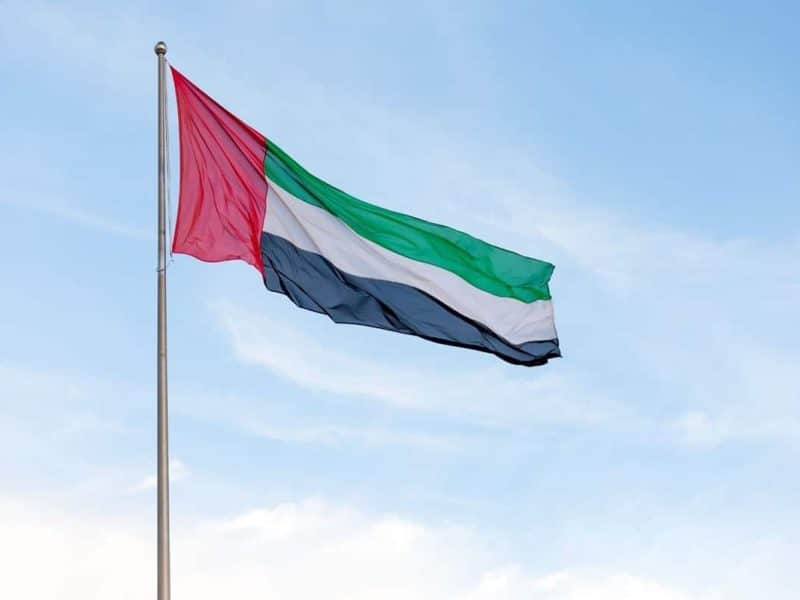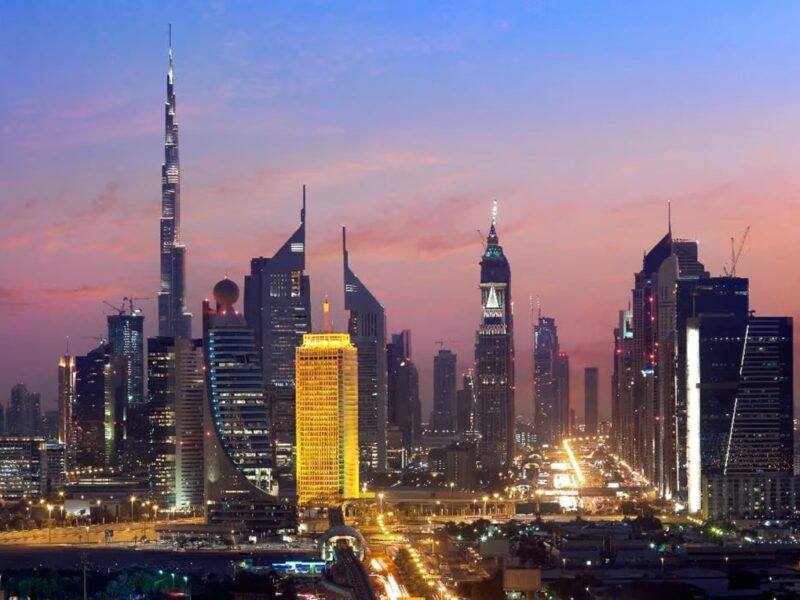Bahrain’s non-oil growth will remain resilient over the next two years as GCC investments keep infrastructure spending levels elevated, offset oil sector weakness and keep overall growth close to 3 percent, according to a new report from NBK Economics.
According to the report, oil sector output is expected to remain flat, particularly due to the OPEC oil production cut that has been extended through to the end of 2018. With a compliance rate of 54 percent so far in 2017, Bahrain could potentially cut oil output further in 2018.
In 2019, however, oil activity is expected to grow by 1.4 percent, with a new 350,000 barrel per day offshore oil pipeline connecting Bahrain to Saudi Arabia replacing the current 230,000 barrel per day pipeline which was forced to temporarily close in October following an explosion.
The report predicts that the non-oil sector is expected to continue to grow at between 3 and 3.5 percent in 2018 and 2019, mainly due to increased spending in infrastructure, which has been strengthened by the Gulf Development Project’s 2011 pledge to provide $10 billion in grants over the next 10 years.
Additionally, non-oil growth has been bolstered by gains in the financial services sector, which averaged 6.4 percent growth year-on-year in the first three quarters of 2017.
The report notes that similar upward trends have been seen in other non-oil sub sectors, such as personal services, communications and transportation.
The report also notes that employment, which has been strong if volatile since the second half of 2014, grew 7 percent year-on-year, up 6.6 percent year on year in the previous quarter.
Inflation is expected to rise in 2018 due to the planned implementation of value-added tax as well as firmer housing and food inflation.
VAT is expected to add 2 percent to the overall inflation for one year, from approximately 1 percent in 2017 to 2.5 percent in 2018, where it will remain in 2019, the report forecasts.
NBK also believes that while Bahrain’s deficit is expected to narrow, it will “remain worryingly large” at around 9.7 percent in 2018 and 8 percent in 2019.
In response to the high deficit levels, in late 2017 the government issued a $3 billion three-tranche bond with premiums of 5 to 8 percent and maturities between 7 and 30 years.
Assuming an average interest rate on government debt at around 5 percent, NBK believes that debt interest payments will comprise between 2 and 3 percent of GDP.








